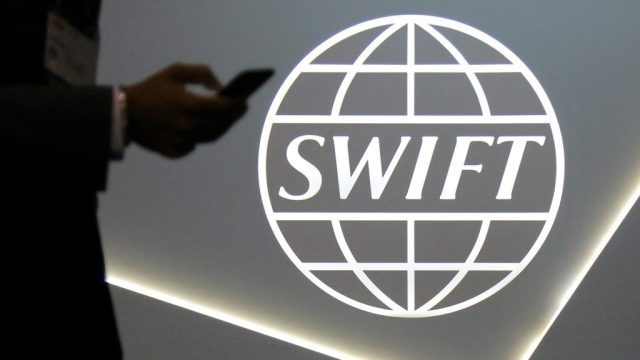Western countries are suspending some banks in Russia and Belarus from the Society for Worldwide Interbank Financial Telecommunication (SWIFT) system that exchanges financial transactions, implemented from March 12 2022. As a result, Bangladeshi banks will no longer transact directly with the banks of the two identified countries. The article is about West Countries Suspended Russian Banks From SWIFT.
One of the 12 banks in Russia and two in Belarus used to transact money for the Ruppur Nuclear Power Plant project. As a result, the Russian bank, named Bank for Development and Foreign Economic Affairs (VEB), sent a message to Bangladesh Bank to stop transactions through the SWIFT system for the time being. There have been similar messages to Bangladeshi commercial banks from other banks under the ban.
However, it will not negatively impact the country’s economy, said Bangladesh Bank officials. About 80 percent of Bangladesh’s exports goods to Russia are transacted through Singapore and Hong Kong banks. But we will have to wait to know what will happen to the government project. The Rooppur project is being implemented with Russia’s financial and technical support. The commercial power supply is scheduled to start on February 17, 2024, through this power plant. Russia is lending Tk 91,000 crore for this project.
The Bangabandhu Satellite-2 project is new. Last month, Bangladesh Satellite Company signed a memorandum of understanding with Russian company Glove Cosmos to launch the country’s second artificial satellite Bangabandhu Satellite-2.
Arfan Ali, chairman of SWIFT Users Group in Bangladesh and managing director of Bank Asia, said, “Not all Russian banks are subject to this ban. However, we still have worries because Russia has an annual export of 60 crore dollars. Now we have to rely on Chinese banks for these exports, but it will increase the cost and risk.”
To read more Economical articles, Please Click Here!




















